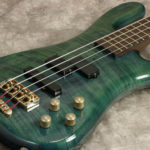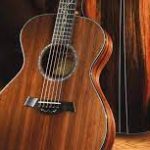
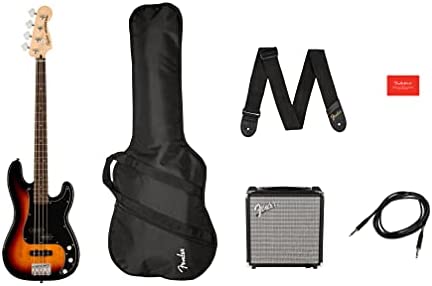
Bass Guitar Equipment Basics
If you want to learn to play bass guitar, it is important that you have the right equipment first. These are just the basic things you will need.
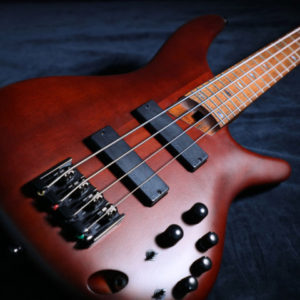
Bass Guitar
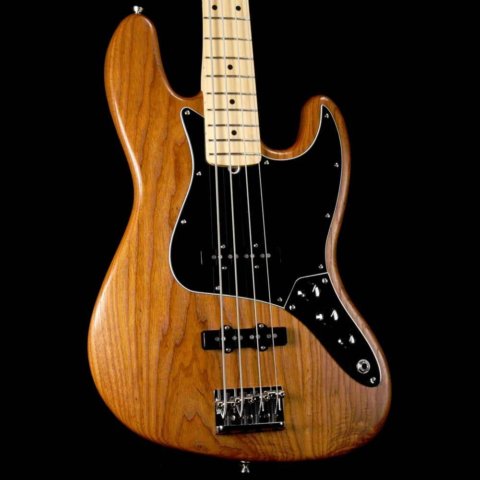
Bass guitars come in different shapes and sizes. Each type offers a specific sound quality that suits a wide range of music genres.
It is important to understand each type, its characteristics, its purpose, and the way it sounds.
This will help you choose the best instrument for you.
Bass Guitar Case
You’ll need a case to protect your bass whenever you aren’t playing it or if you are traveling with it. You will have to decide on a hard-shell case, or a soft case (or gig bag). Gig bags are usually the preferred choice since they are much lighter and easier to carry. Hard shell cases are more protective, but they’re bulky, heavy, and harder to move around.
A case for your instrument is important because your bass needs to be protected from accidental damage.
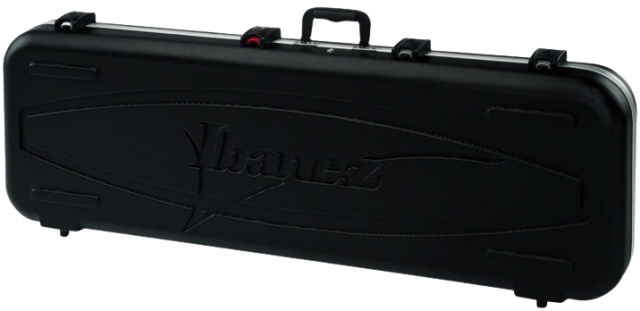
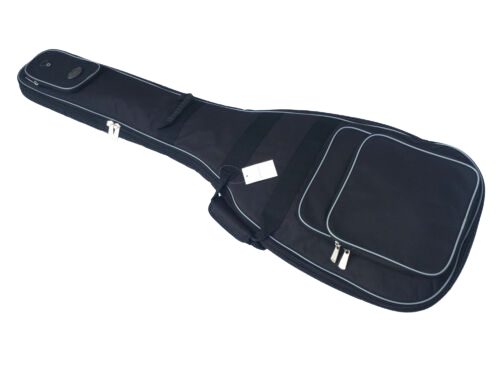
Bass Amplifier
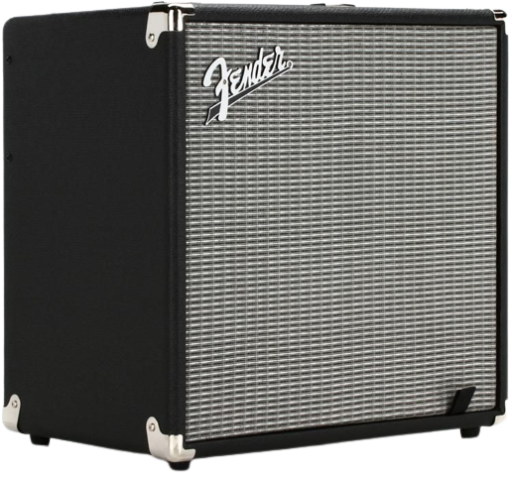
Bass guitars produce a low frequency sound, so you will need an amp that’s built specifically for a bass guitar. Bass amps support a high power output and low frequencies without distorting the sound.
Bass amp features:
- Tone controls: Most bass amps provide control over bass, middle, and treble frequencies to help you dial in a pleasing sound. …
- Multiple channels: Many amps have two or more channels. …
- Gain control: Most amps allow you to control the amount of overdrive in the preamp stage.
Bass Guitar Strap
There are some things to consider when choosing a strap for your bass. The type of strap you choose and how you attach it to your bass, can affect your playing in both practice and performance.
Wider straps are better for bass players. The recommended width of a bass strap is at least 3 inches or more. Many bass players find the preferred width of their strap to be 3.5 or 4 inches. Bass guitars are usually much heavier than electric or acoustic guitars.
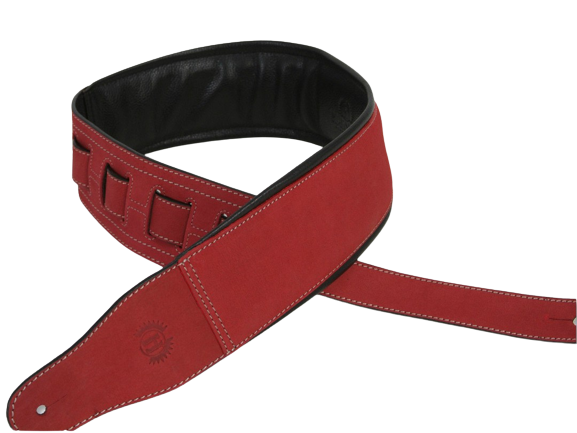
Instrument Cable
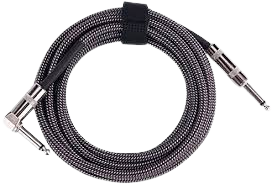
There is no real difference between bass and guitar cables. Make sure you use cables that are designed for electric instruments. Some cables are designed more for use with acoustic or digital instruments/equipment. These cables can limit true electric signals emanating from your pickups; particularly your low end bass tones.
The most common type of guitar cable for bass players is a straight-to-straight cable, which has two male ends that plug directly into the guitar and amplifier.
Music Stand
You will need a music stand to place books, sheet music, tabs, and digital equipment when you’re practicing. It’s good to find a sturdy music stand that’s adjustable. If you use a laptop or tablet when playing, you will need a stand that can lay flat, for your devices.
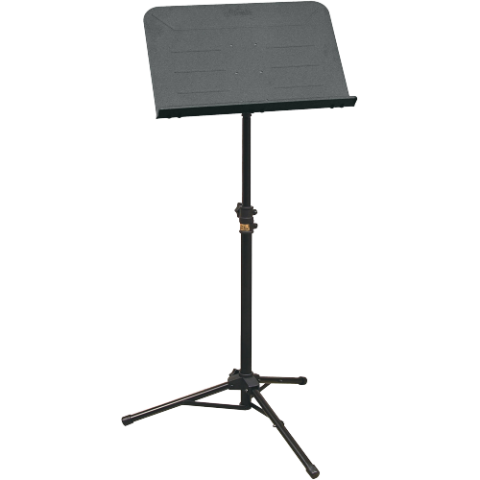
Guitar Stand
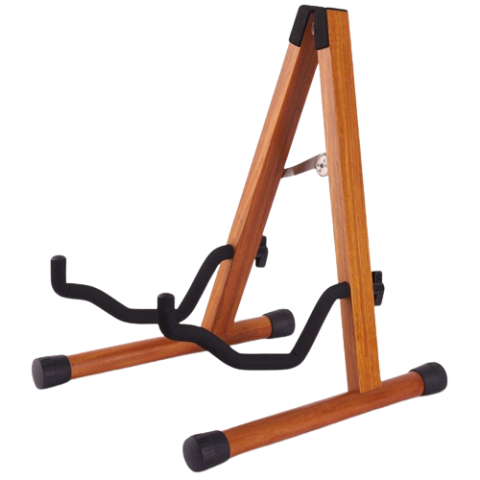
A guitar stand provides a stable spot to place your bass when you need to set it down. It comes in handy during practice sessions, in between set lists, when you need a break, etc. If you lay down your bass flat, the tuning knobs will move from the pressure. You don’t want your bass to get out of tune. If you lean your bass against something, it can easily slip or fall over. Your bass could get scratched or damaged if it’s laid on a rough service.
Bass Guitar Tuner
Bass guitars generally have thicker strings than regular guitars, so they often require different tuners. The thicker strings put more tension on the tuning pegs, so regular guitar tuners might not be able to handle the tension.
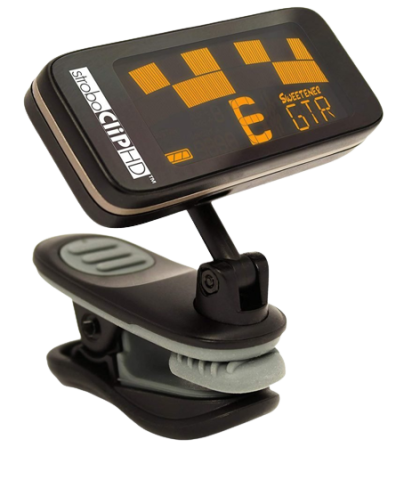
Metronome
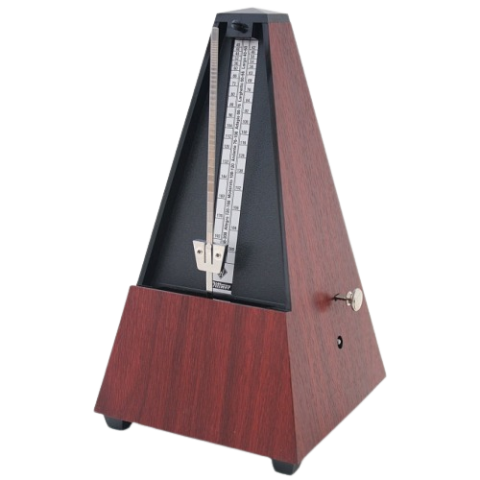
A metronome is a practice tool that produces a regulated pulse to help you play rhythms accurately. The frequency of the pulses is measured in beats per minute. There are benefits of practicing with one for a bass player. They can help develop rhythm and timing, finger coordination, and help to build strength. By providing beats at various speeds and time signatures, you can develop your timing. A lot tuners these days also come with metronomes.
Bass Guitars
Bass Guitar Cases
Bass Guitar Amps
Bass Guitar Amps
Guitar & Gear Articles


























